The May 2024 issue of Who’s Counting, the Inventories and Nationally Determined Contributions (NDC) Network Newsletter is now available to view HERE.
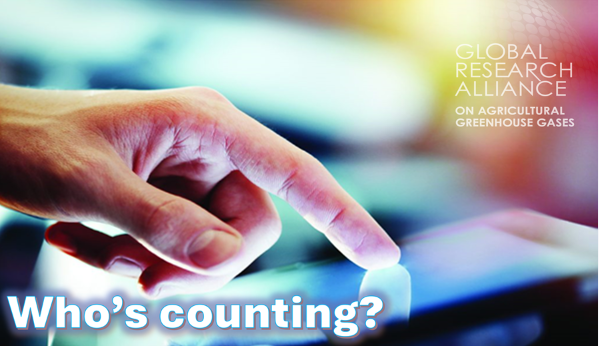
Who’s Counting summarises scientific progress, opportunities, resources and events related to national agriculture inventory development, national agriculture climate targets, and international inventory capability-building activities.
We encourage you to directly submit content for the next Issue of Who’s Count
Please note the deadline for all the attached opportunities is May 19, 2024, at 11:59 pm.
Please take a look at the attachment describing some opportunities for consultancies in the areas of GHG inventories, NDCs, and MRV systems.
Location: Ireland
Post Duration: 24 months
Project: Neonatal dietary interventions to reduce enteric methane emissions (NeoDREMES)
Applications are invited for a post-doctoral research fellow position in the UCD School of Agriculture & Food Science. The position aims to evaluate the effectiveness of maternal dietary interventions in ewes to alter early life microbial development in the lambs.
Addressing climate change and protecting the environment are among the greatest challenges of our time, and food loss and waste (FLW) is a major contributor to both issues. A workshop on “Food Loss and Waste Prevention in Sub-Saharan Africa” was held in Nairobi, Kenya from 17-18 April 2024.
The workshop which brought together active food loss and waste stakeholders from across SSA discussed regional context and circumstances for action on food loss and waste prevention, including the challenges and options for action at policy and practice level.
The two-day workshop was jointly organized by the Thünen Institute (Germany), the New Zealand Agricultural Greenhouse Gas Research Centre (New Zealand), the UN Sustainable Development Solution Network (France) and the University of Nairobi (Kenya).
New Zealand, through the Global Research Alliance on Agricultural Greenhouse Gases (GRA) supported the workshop and was represented by Dr Ackim Mwape from the New Zealand Greenhouse Gas Research Centre (NZAGRC). Dr Mwape delivered a keynote address during the opening of the workshop where he emphasized the need to quantify the magnitude, composition, and geographical location of lost and discarded foods. He stressed that:
“Enhanced knowledge and awareness of where along the food chain, for which foods, and in which countries, the greatest food losses are produced, is essential to decide where and how to target prevention efforts in the most effective way”.
The outcome of the workshop was a convergence of three overarching challenges and priorities across the region:
- Quantifying and tracking of FLW at all stages of the food supply chain.
- Commitment to report FLW by all actors in the food chain, addressing existing data gaps.
- Awareness and education of the population on FLW prevention
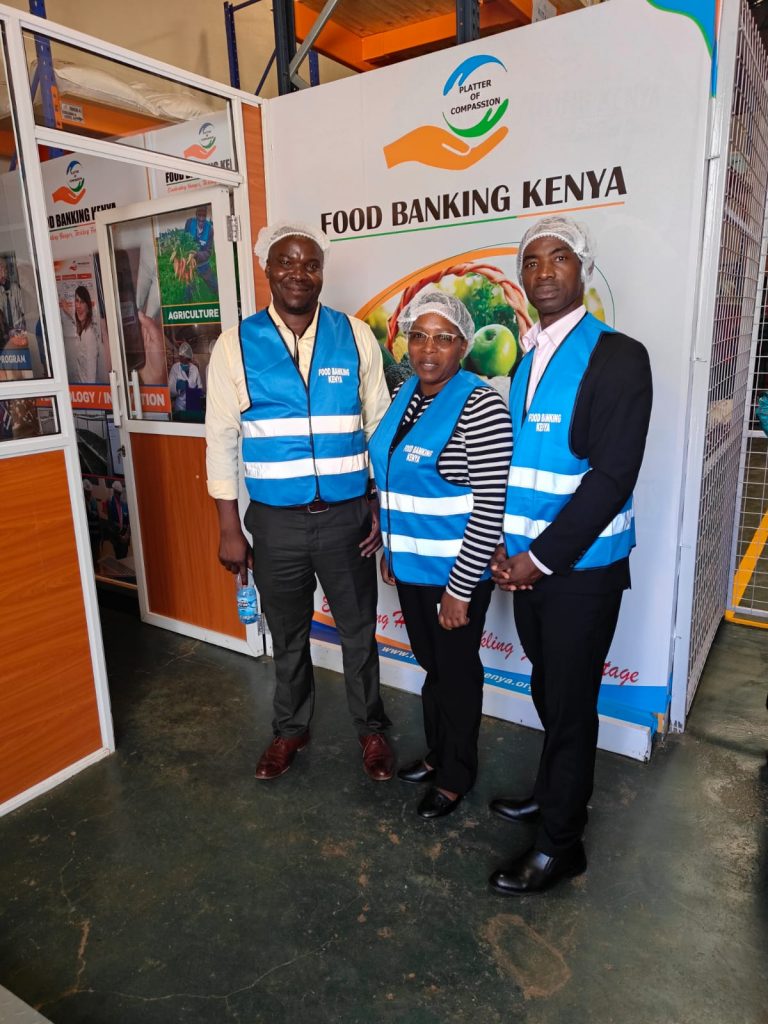
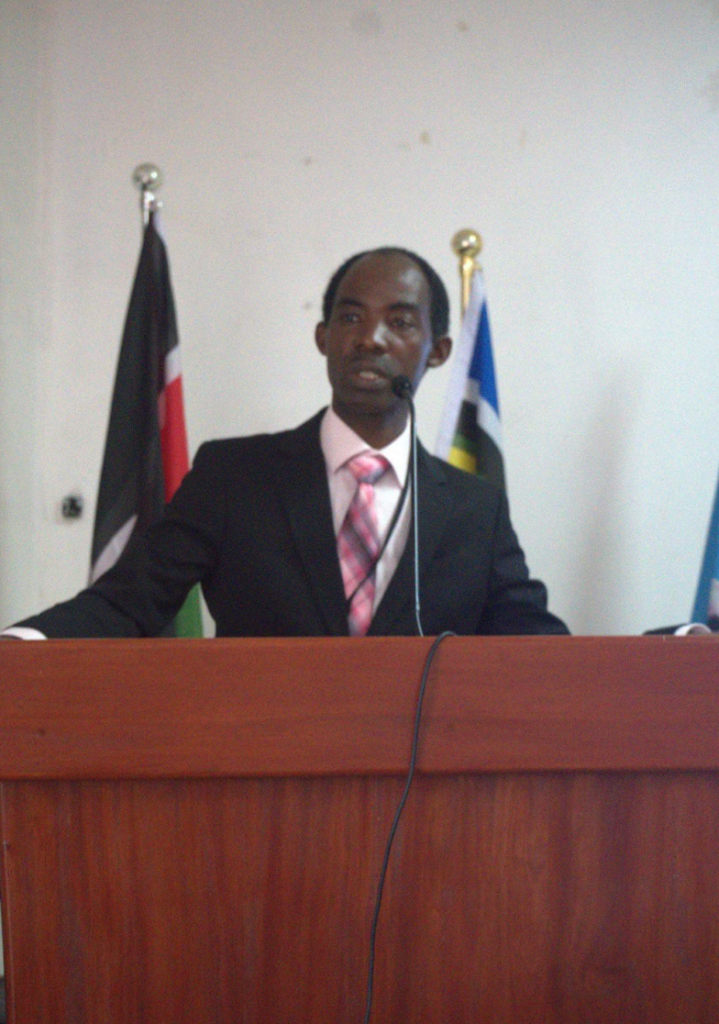
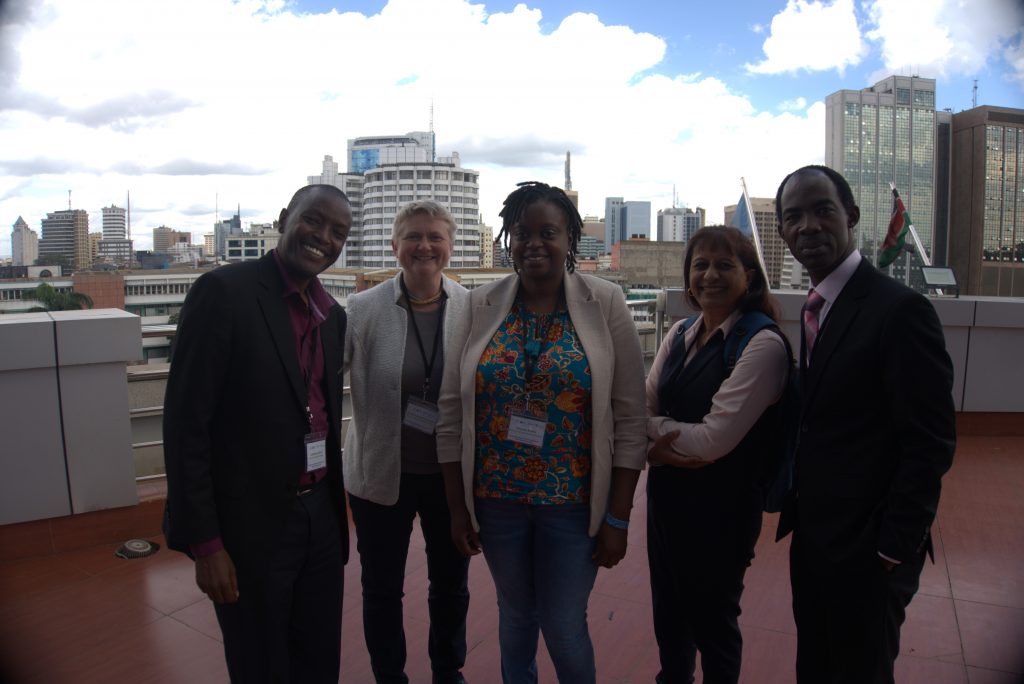
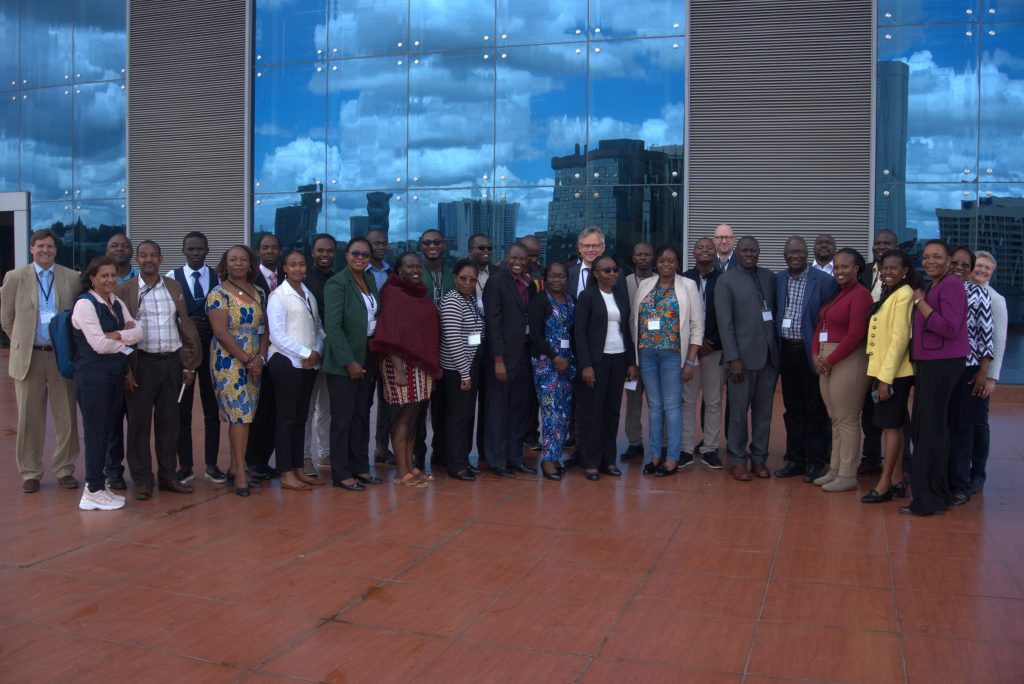
The CFS Network have recently published a policy brief on assessing and improving Nitrogen cycling in agricultural production with examples from Flanders (Belgium) and the Netherlands. Check it out HERE or by clicking on the image below.
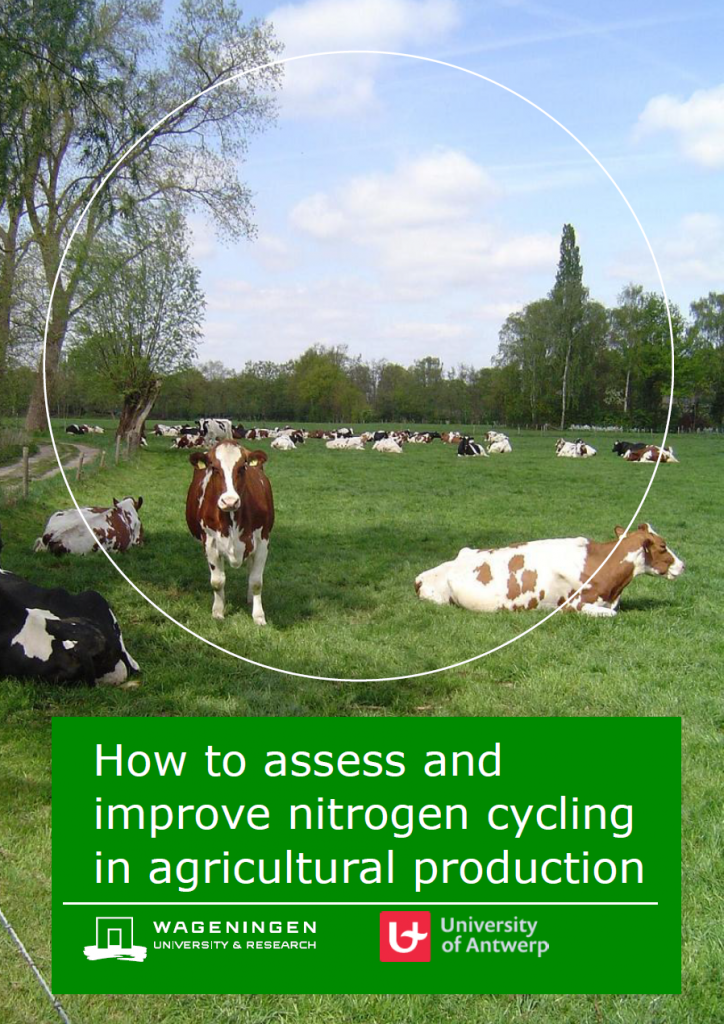
Closing Date: 30 April 2024, 5 pm (NZST)
Location: New Zealand
The New Zealand Agricultural Greenhouse Gas Research Centre (NZAGRC), in partnership with New Zealand’s Ministry for Primary Industries (MPI) has launched a multi-year scholarship and fellowship programme. The programme will be open to those working on projects focused on reducing agricultural greenhouse gas emissions.
The programme provides funding for up to five PhD students (up to three years) and up to four post-doctoral researchers (up to two years) to contribute to New Zealand-based research programmes targeting a reduction in agricultural greenhouse gas emissions.
The programme funding covers stipend and tuition fees (PhD), or salary and research costs/overheads (Post-doctoral). For more details including eligibility & funding details please see: https://www.nzagrc.org.nz/domestic/capacity-development/early-career-researcher-funding
Step 1 of the process for awarding the scholarships/fellowships is an open call for New Zealand based research projects that would be suitable for hosting either a PhD student or post-doctoral fellow. The call is open from 8 April to 30 April 2024.
If you have a project which you think would be a good fit, please complete the application form at https://www.nzagrc.org.nz/domestic/capacity-development/early-career-researcher-funding and submit to [email protected] before 5pm, 30 April 2024.
Once the successful projects have been selected, the NZAGRC will facilitate an applicant selection process, including advertising for applicants, short-listing, and working with host organisations to interview and select preferred applicants.
This third call is open for submission of proposals until 6 June 2024.
On 10 April 2024, the third and final Call under the pilot Joint Research Initiative between Ireland and New Zealand was launched by Irish Department of Agriculture, Food and the Marine (DAFM) and New Zealand Ministry for Primary Industries (MPI). The pilot Joint Research initiative was launched by DAFM and MPI in 2022, following the signing of a Memorandum of Arrangement between both organizations in May 2022. This provided for the establishment a 3-year pilot Joint Research Initiative (JRI) over the period 2022 to 2024 in recognition of the strong existing research connections and the common challenges facing the agri-food sectors in both Ireland and New Zealand. Over €14 million in joint funding was awarded to eight research projects from 2022 and 2023 Call.
Ireland press release,
New Zealand press release
2024 Ireland – New Zealand Joint Research Call
The 2024 Joint Research Call between Ireland and New Zealand opened on 10 April 2024 and invites eligible Research Performing Organisations (RPOs) from Ireland to submit joint research proposals, with collaborating partners from New Zealand.
There are four research topics in the Call:
- Topic 1: Refinement of agricultural greenhouse gas emissions inventories through the development of emission factors for methane, nitrous oxide and carbon dioxide.
- Topic 2: Development and assessment of technologies, including Methane and Nitrogen inhibitors, for the mitigation of GHGs from ruminant systems.
- Topic 3: Data and digitalisation, including the standardisation of methodologies, to support climate-related action and management practices in agriculture.
Two webinars for applicants will be held jointly by DAFM and MPI for interested Irish and New Zealand researchers to provide an overview about all relevant aspects of the Call and provide time to answer open questions. These will be held on:
- 30th April 2024 at 10:00 NZT (webinar hosted by MPI for New Zealand applicants – register here )
- 25th April 2024 at 10:00 IST (webinar hosted by DAFM for Irish applicants – register here)
Call Timeline
The Joint Research Call follows a one-stage submission procedure with a deadline for the submission of full proposals on 6th June 2024 . Indicative Research Call timelines are outlined below.
| 10 April 2024 | Launch of the Joint Research Call |
| 30th April 2024 at 10:00 NZT | Webinar for potential applicants |
| 25th April 2024 at 10:00 IST | Webinar for potential applicants |
| 6th June 2024 @17:00 IST | Submission Deadline for proposals |
| September 2024 | Communication of Funding Decision |
| October/November 2024 | Funding awarded and announcement of successful projects |
| January 2025 to March 2025 | Estimated Starting Date for Funded Projects |
Deadline for applications: 28 April 2024
Organisation: Faculdade de Engenharia Agrícola (College of Agricultural Engineering), Universidade Estadual de Campinas (UNICAMP), Campinas, Brazil
In 2018, Law 16.684/2018 was approved in Brazil, establishing the State Policy on Agroecology and Organic Production (Peapo) in the state of São Paulo, followed by the participatory development of the State Plan on Agroecology and Organic Production (Pleapo) in 2022. Through a partnership between researchers, public officials, and representatives of civil society, this project aims to support the implementation of Peapo and Pleapo through participation and the establishment of territorial governance structures. This project has received approval under the FAPESP process number 2023/10150-1 and is supported by the Public Policy Research Program (PPPP) in Brazil.
Title of the project: State Policy on Agroecology and Organic Production (Peapo) and State Plan on Agroecology and Organic Production (Pleapo) of the state of São Paulo: implementation and territorial governance
Principal Investigator: Vanilde Ferreira de Souza Esquerdo
Email for applications: [email protected]
Knowledge area: Agronomy
Deadline for applications: April 28, 2024
Start of the fellowship: May 2024
Area of operation: Rural Extension
To download the call and to see more information please click HERE.
Closing date: 26 April 2024
Location: Ireland
Teagasc has expanded its Research and Knowledge Transfer programmes, committing significant resources to rapidly advance science and implement measures for sustainable agriculture. The Teagasc Climate Centre, supported by substantial capital investment, integrates new staff with existing research teams across the organisation. The Climate Centre Operations Manager post is a new and exciting position offering the successful candidate the opportunity to lead the development and management of the new Teagasc Climate Centre – a multi-location Centre of Excellence for climate and biodiversity research.
Further information and application details can be found HERE.
Dates: 15 – 26 July 2024
Location: The Netherlands
We are excited to announce the CFS Network is hosting a summer school in The Netherlands this summer! We are welcoming 20 young professionals, MSc and PhD students working in the field of food and agriculture to join our fully funded international consultation on circular food systems. We are looking for the young professionals who are interested to learn more about circular agri-food systems and who are enthusiastic about contributing to shaping a policy & research agenda on circular food systems for the coming years.

For more information click HERE.
On 01 November 2023 in Yaoundé, Cameroon in the margins of the 19th Annual General Meeting (AGM) of the Regional Universities Forum for Capacity Building in Agriculture (RUFORUM), the GRA-RUFORUM Alumni Network in Africa was launched by a group of Alumni (participants from the first round of the GRA-GRG). The Network, named GRAN-Afrique will promote networking among the Alumni, promote the development of their professional careers, build their involvement and commitment in GRA and RUFORUM activities and facilitate cooperate on agricultural GHG research and development, including through community projects.
Dr Kingsley Etchu (GRA National Focal Point, Cameroon), who attended the event to celebrate and support the Network’s launch, commended the representatives of the Alumni for establishing the Network. He stressed the need for the Network to be an inclusive platform for interaction, information exchange and exploiting opportunities to make significant business and social impact.
The newly launched GRAN Afrique provides yet another avenue for strengthening research collaboration on climate change and agriculture within Africa, and to highlight the ongoing work that GRA member states are undertaking to build the capability of African scientists. The GRA will remain supportive of the Network including through professional development opportunities such as thematic workshops, short-term training, and small grants to support network activities.
Video available HERE.
Closing date: 26 April 2024
Location: AgResearch, Palmerston North, New Zealand
This post-doctoral fellowship offers an exciting opportunity to work on an international joint project between Ireland and New Zealand (BNIPASTURES), addressing research gaps and creating knowledge to expedite the advancement of biological nitrification inhibition (BNI) as a natural, plant-based way of mitigating N2O in grass-based livestock systems.
For more information please click HERE.
